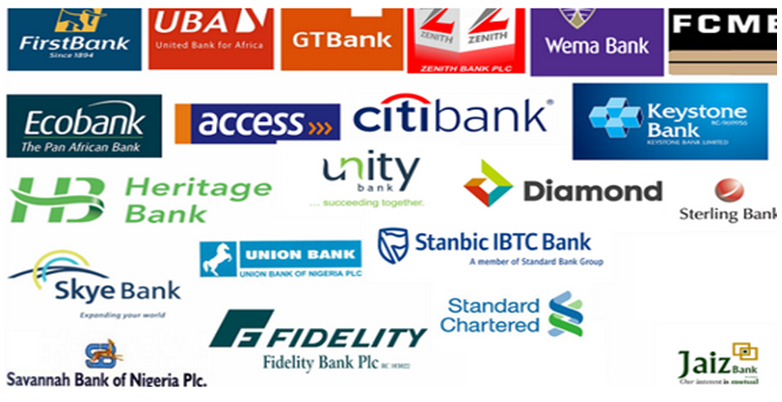By Odunewu Segun
More than half of the banks operating in Nigeria have failed the Central Bank of Nigeria anti-money laundering stress test recently conducted by the apex bank.
The CBN had conducted an anti-money laundering/combating terrorism financing compliance examination of 25 reporting banks.
The examination was guided by the statutory provisions of the Money Laundering Prohibition Act, 2011 (as amended), the CBN’s AML/CFT Regulations, 2013 and recommendations of the Financial Action Task Force.
According to the report, the anti-money laundering systems put in place by majority of the banks failed to meet a number of compliance requirements specified by the CBN.
The report stated that a number of shortcomings were discovered in some areas like the customer due diligence; copies of identification documents such as international passports and national identification cards were not in some customer’s files, while enhanced due diligence was either not conducted or inadequately conducted on high-risk customers.
“The AML/CFT Reporting software: Collation and reporting of foreign currency transactions, currency transaction reports and suspicious transaction reports were not fully automated in some banks. Similarly, the AML/CFT software in some banks had not been subjected to independent testing to determine their efficacy, thereby exacerbating the risk of under reporting.’’
Additional revelations from the report showed that more than half of the banks operating in Nigeria failed the test basically because it was discovered that “many banks failed to conduct enhanced due diligence, a major compliance requirement, on some high-risk customers, while collation and reporting of foreign currency transactions and suspicious transactions were not fully automated in some banks”.
Continuing, the report observed that “At end-June 2017, the number of registered borrowers in the CRMS database was 824,387, compared with 195,159 in the corresponding period of 2016. The significant rise was due to increased enforcement and the capture of all loans, regardless of amount, as against only loans of N1.0m and above. There were 755,076 individuals and 69,311 corporate borrowers at end-June 2017.
“Similarly, the number of borrowers with outstanding facilities rose significantly to 1,105,671 at end-June 2017, compared with 104,126 and 93,168 at end-December 2016 and end-June 2016, respectively.
However, “Following the issuance of stricter guidelines, improved compliance by banks and the capture of historical data on hitherto unreported credit, the total number of credit facilities on the database rose to 1,905,997, compared with 181,987 at end-December 2016 and 173,050 at end-June 2016, respectively. The number comprised 1,513,452 individual and 392,545 corporate borrowers.”

 Health5 days ago
Health5 days ago
 Entertainment7 days ago
Entertainment7 days ago
 Education7 days ago
Education7 days ago
 Crime5 days ago
Crime5 days ago
 Health7 days ago
Health7 days ago
 Comments and Issues6 days ago
Comments and Issues6 days ago
 Football6 days ago
Football6 days ago
 Latest6 days ago
Latest6 days ago













